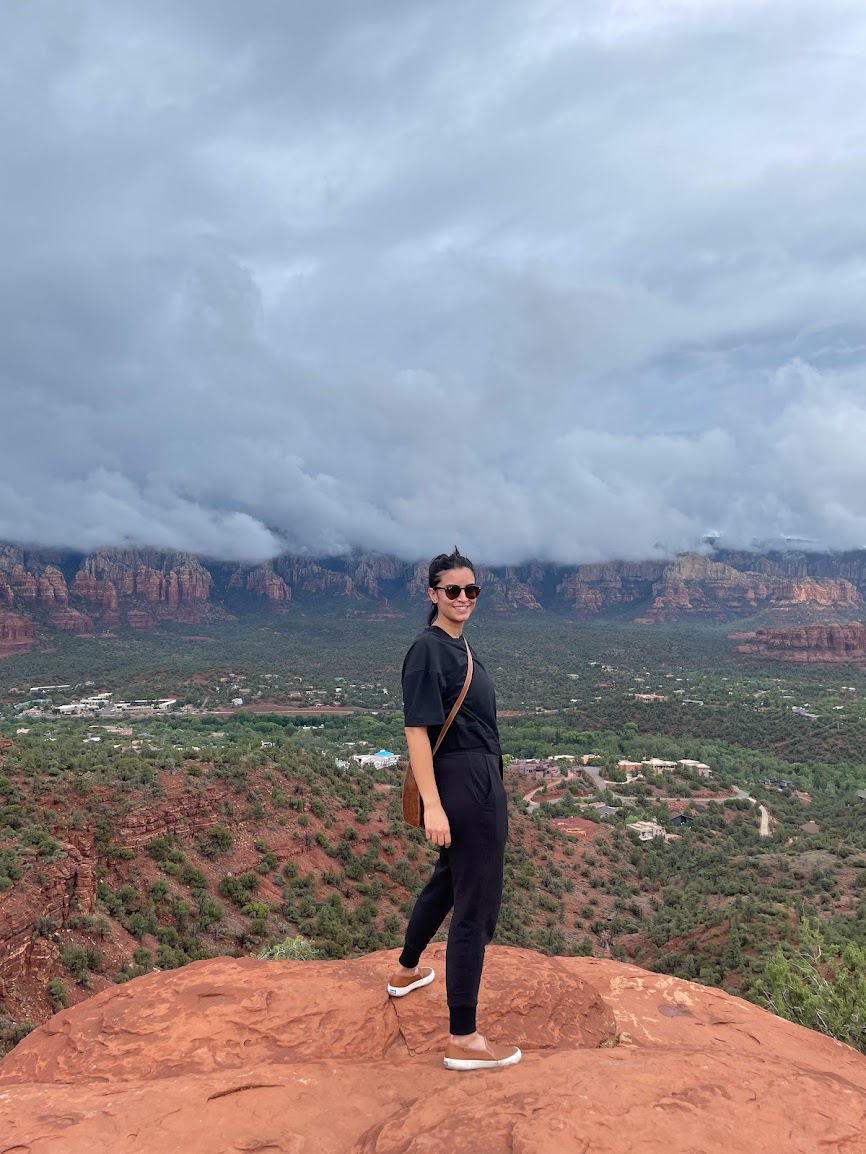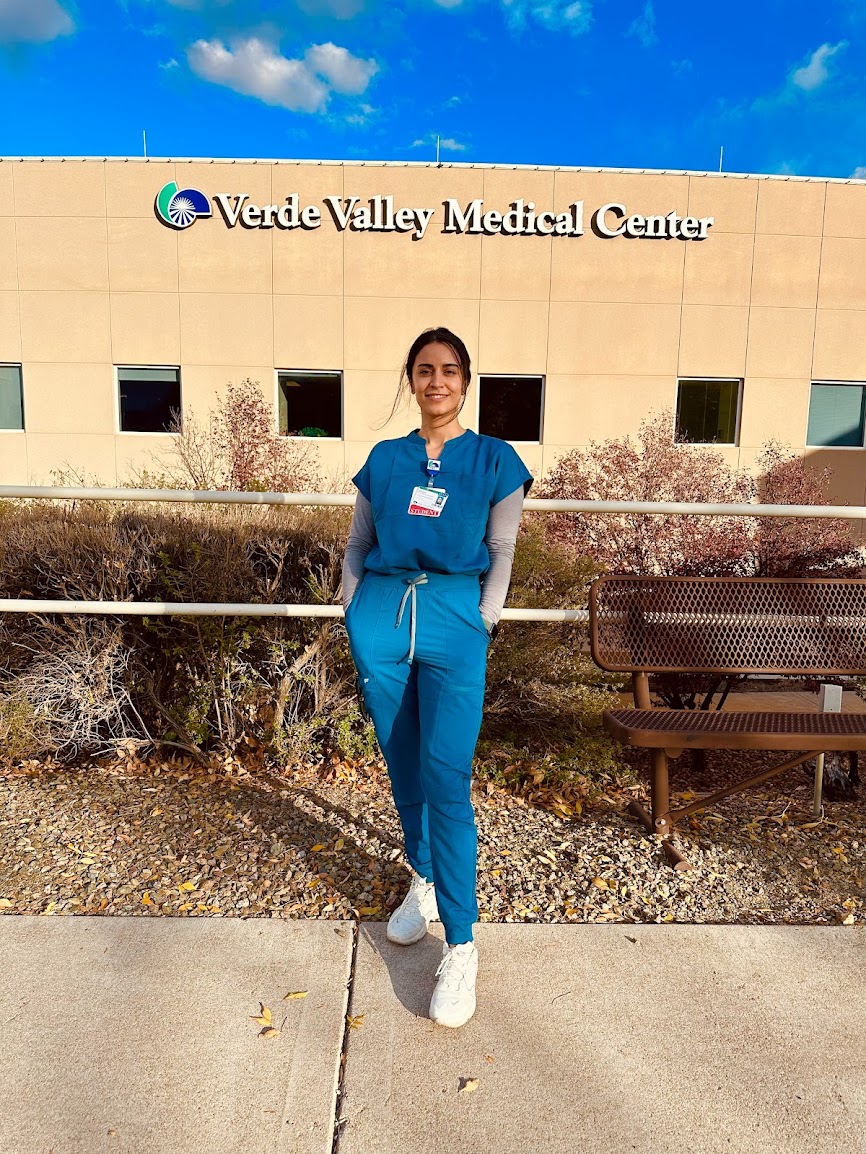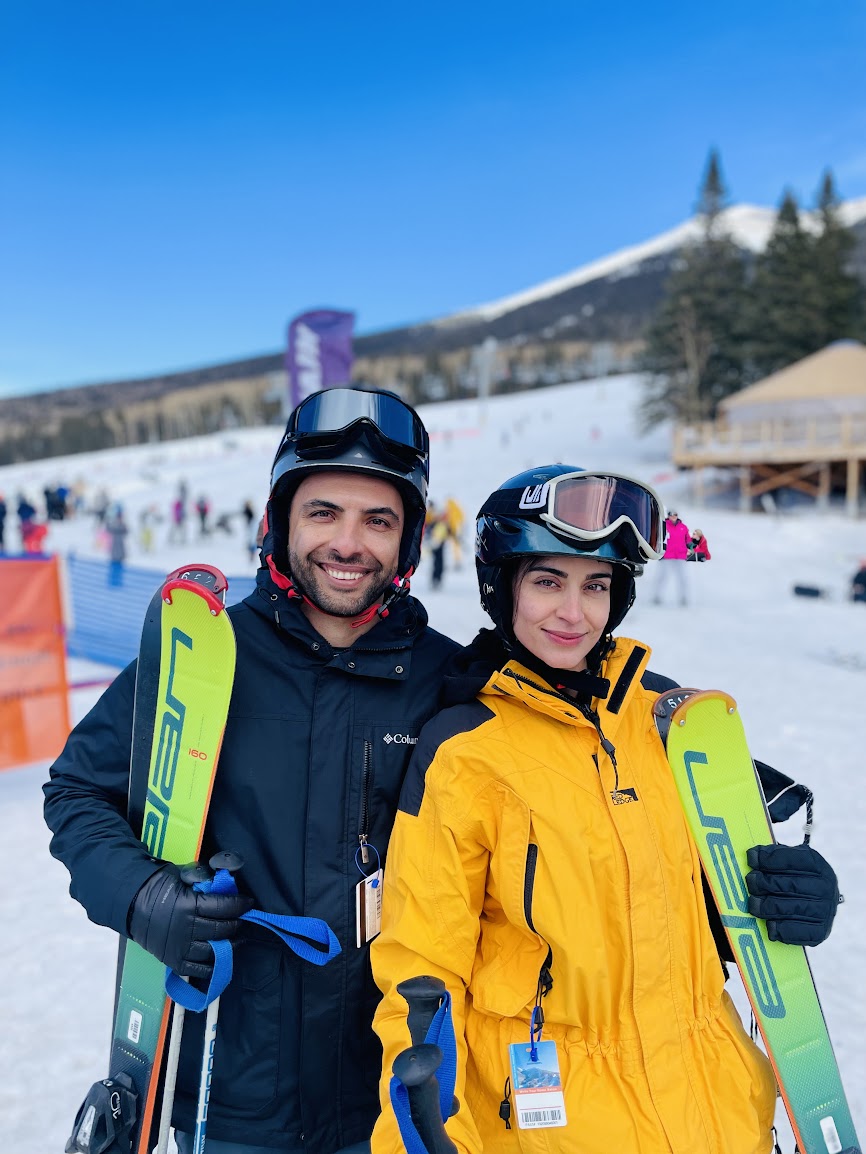Student Feature: Sepideh (Sepi) Almasi, Occupational Therapy
Overcoming obstacles and making an impact
Second-year occupational therapy student Sepideh (Sepi) Almasi arrived in the United States in 2012 and, at the time, was unable to speak English. Read on to hear how she overcame obstacles and is on her way to becoming an occupational therapist to impact the lives of immigrants and refugees.
1. What influenced your perspective on occupational therapy (OT)?
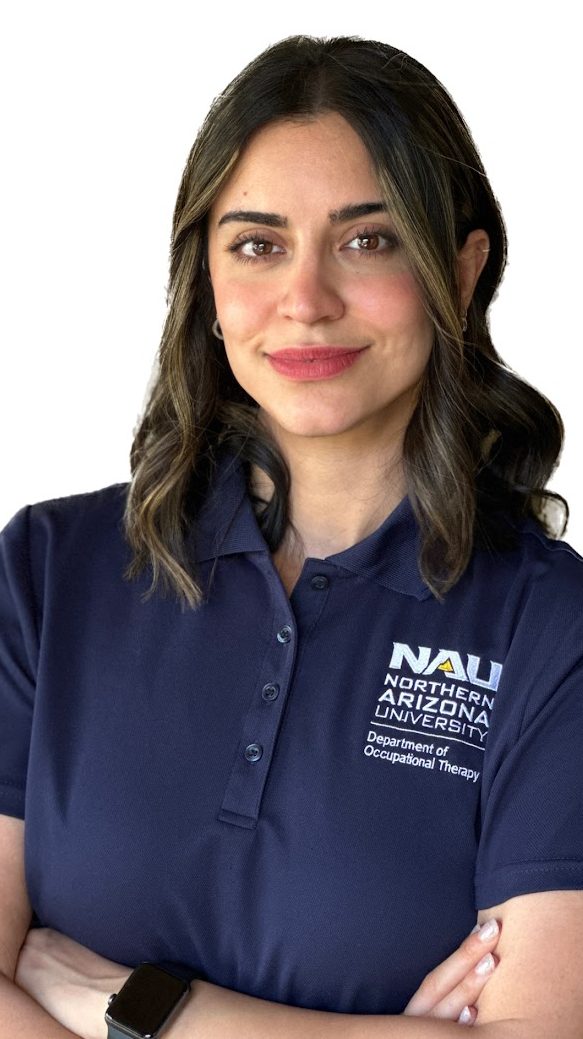
When I arrived to the United States in 2012, I faced a lot of challenges—not knowing anybody, not speaking English—and to this day, I am still learning the language. In the beginning of my journey, I could not completely communicate with people and struggled to afford an education. Since I was considered an out-of-state student, I had to wait a year to simply take basic English classes. Shortly after gaining access to education, I learned the impact of occupational therapy (OT). I learned that OTs help people be as independent as possible in the things they want to do, are expected to do, and need to do. I realized this profession could perfectly fit into working with the population of immigrants or refugees that I aimed to work with, and the unique challenges they face. Dealing with those challenges myself has completely fueled my passion for occupational therapy. Going through these struggles gave me a special viewpoint on the importance of independence and the ability to adapt to a new situation. It has pushed me and my understanding of how to help others overcome their obstacles.
2. How do you want to impact the world with your future in OT?
I got into OT after working in a clinic with physical and occupational therapists. It was fulfilling to see how occupational therapy could transform people’s lives by helping them regain independence. The joy on clients’ faces as they improved their quality of life convinced me that this was the path for me. With my future in OT, I aim to make a meaningful impact by promoting self-sufficiency, individual well-being, and inclusivity. I am particularly passionate about working with diverse populations, including immigrants and older adults. I aspire to contribute to the field by actively participating in community outreach programs and advocating for the importance of OT in enhancing overall health and quality of life. My goal is to empower individuals to overcome challenges, adapt to their environments, and lead fulfilling lives. I am looking forward to leveraging my skills to bridge cultural gaps and address the unique needs of different communities.
3. Can you share your favorite memory of your OT journey thus far?
The opportunities I have in this program to apply my knowledge through hands-on experience and create personalized solutions for individuals are like no other. It is incredibly rewarding to expand my understanding of the field every day. Through the NAU program, I can be a mentor for students in the next cohort. It is truly fulfilling to watch their growth, share my experiences, and provide guidance to our future peers in the field. Every day brings new memories and unique experiences that are applicable to my future in the field.
4. Can you speak about your experience volunteering at Abounding Service, a local nonprofit organization that provides asylum and citizenship?
I’ve seen how refugees and immigrants are misunderstood and marginalized. That was something I could not ignore, and that motivated my passion to start volunteering. Life for refugees and immigrants is not automatically the American Dream lifestyle. They face a lot of challenges, such as learning English, finding employment, and adjusting to a new culture in a short amount of time. These are all big challenges for them. In addition, this population has a difficult time creating connections and friendships. Due to the language barrier, it is an obstacle to finding those connections even between the refugee families. They simply don’t have that sense of a social life when they come to the United States. Through my volunteer work at the local nonprofit, I saw the importance of our education system providing English courses or other resources that can be powerful. These resources in education foster a sense of belonging for them, appreciation for their new home, and the feeling of independence to provide them with self-confidence. It was an incredibly rewarding experience.
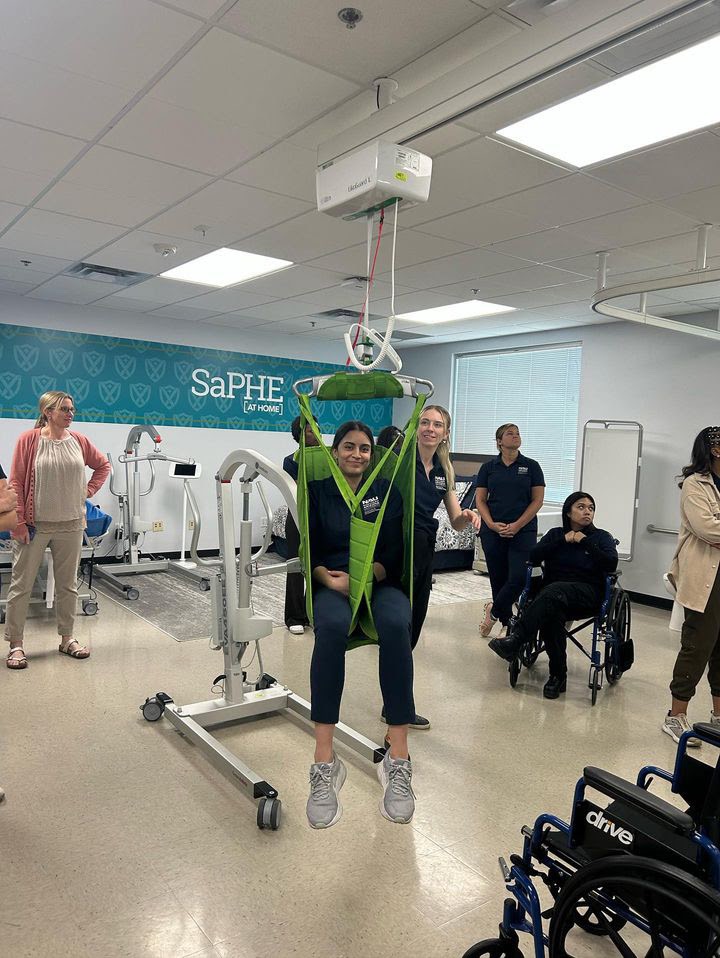
4. What’s next for you after graduation?
After graduation, I aspire to apply my occupational therapy skills to enhance the lives of individuals. I’m particularly interested in working with immigrants, helping them achieve self-sufficiency in their new environment. Simultaneously, my passion for working with geriatrics stems from the profound impact I believe I can make on their happiness and independence. I aim to explore opportunities that allow me to integrate these interests, whether through specialized training or diverse occupational therapy settings. I hope those going into the field of OT enjoy the variety in the field. Occupational therapy has many chances to make a positive impact. I encourage those going into OT to stay curious, try different things, and be open to learning from every experience. Your unique background and perspective can be powerful in making connections and helping the people you will work with in the future.
5. What does OT mean to you?
Occupational therapy is all about helping people live a fulfilling life. It is not just dealing with physical concerns but also looking at the whole well-being of the individual—how they are doing mentally, physically, and socially. OT fascinates me because of how it combines evidence-based practice. Science and compassion combined are used to make a difference. I am beyond enthusiastic and optimistic about the future impacts that are made through OT.

